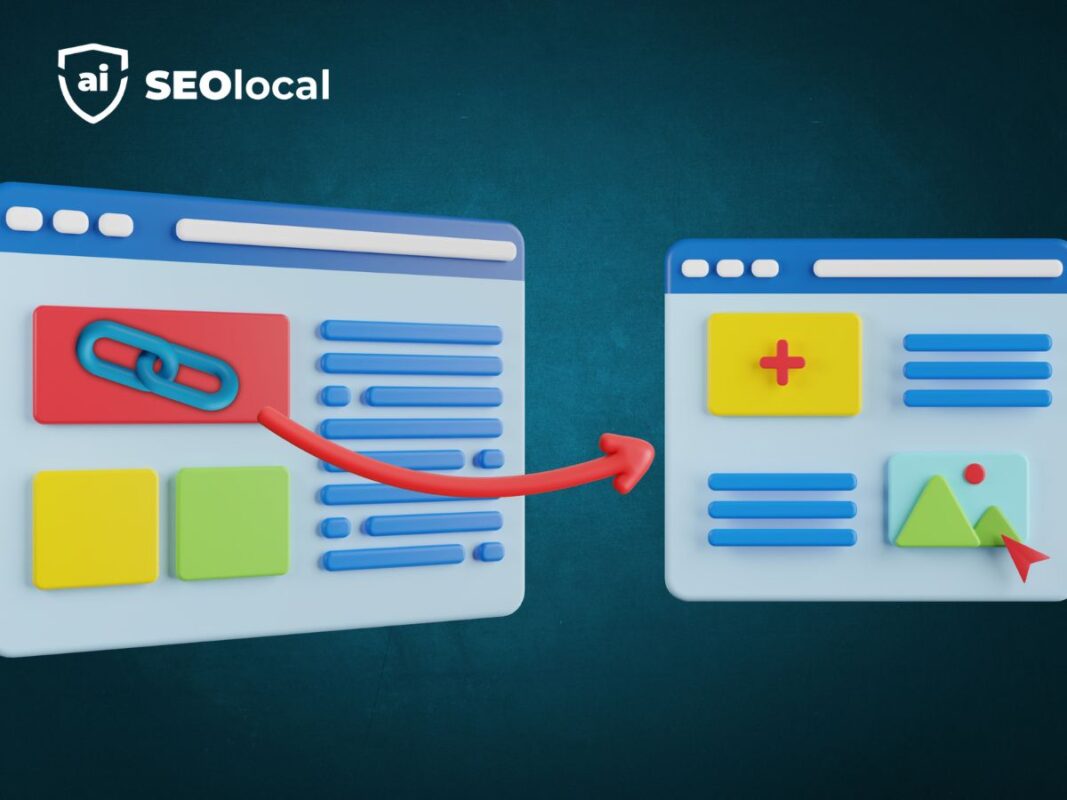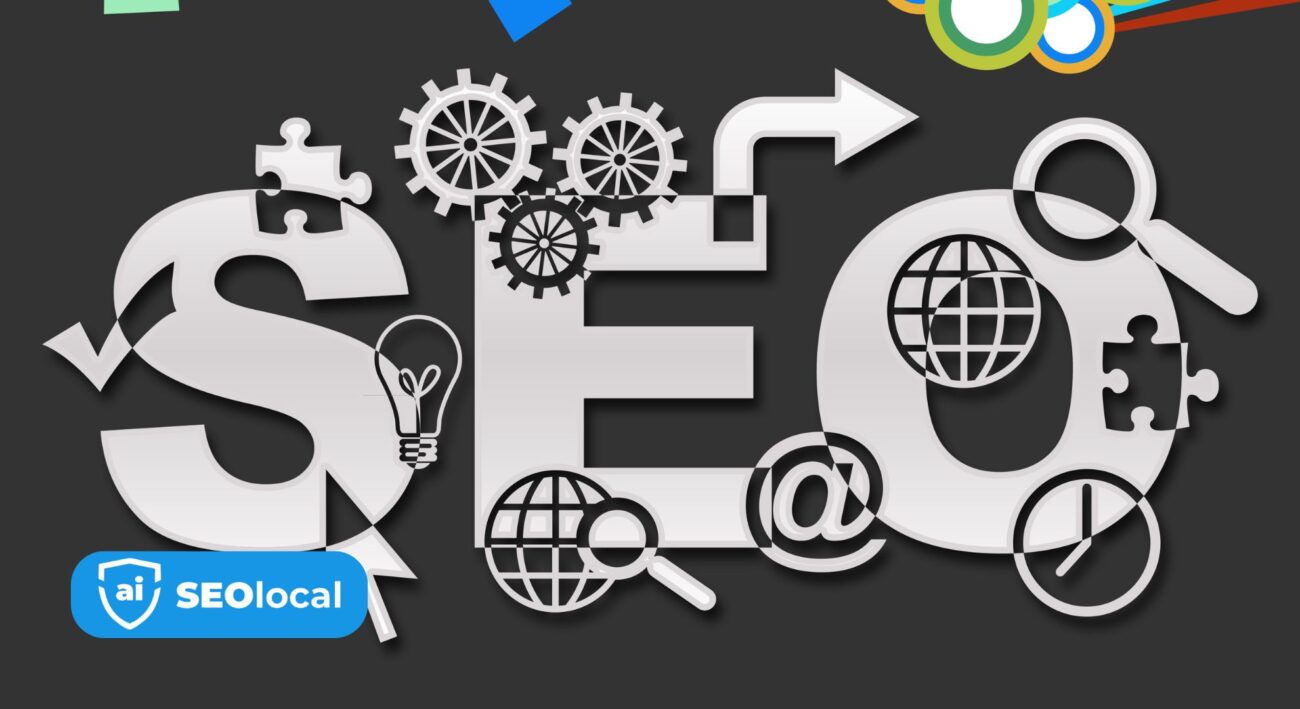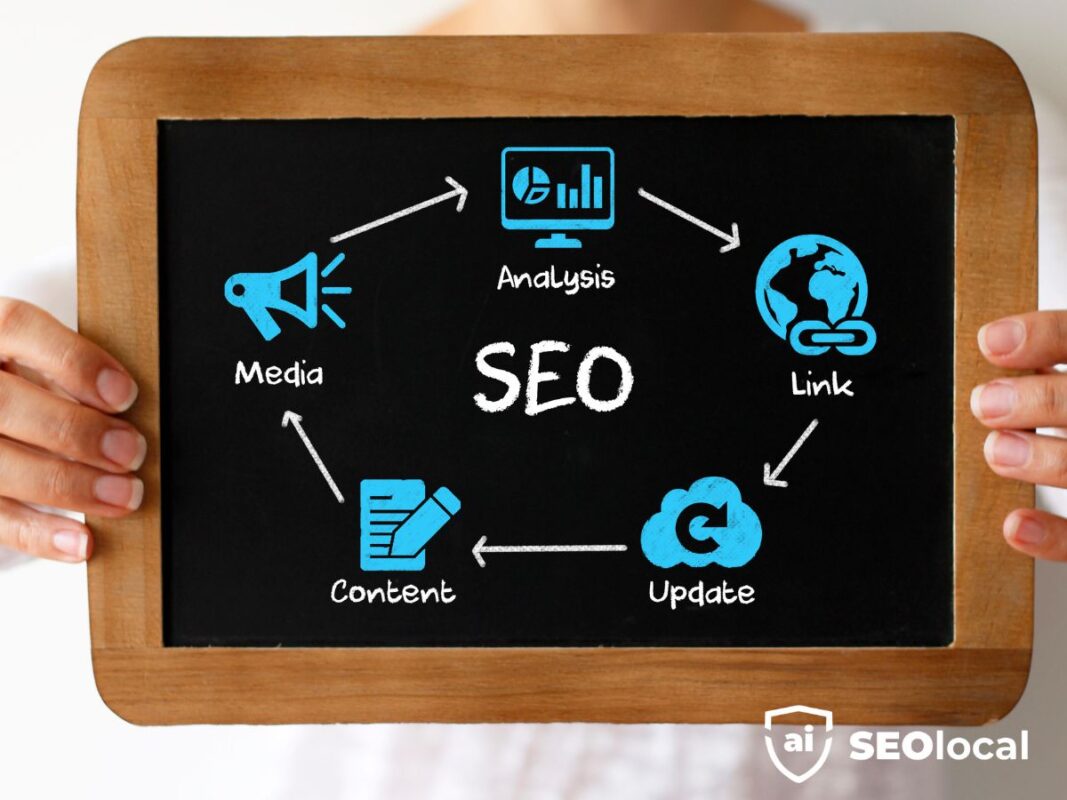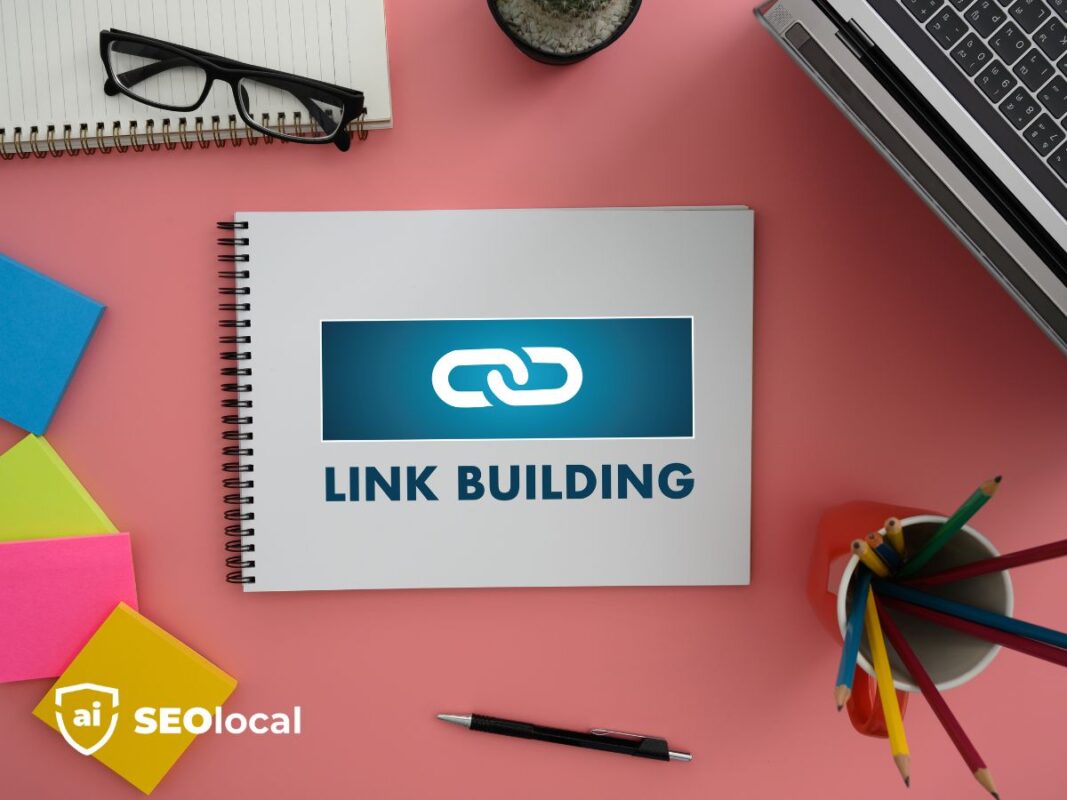- Advanced Local SEO Strategies
- Fundamentals of Local SEO
- Google Business Profile (GBP) Optimization
- Local Keywords and Content Strategy
- Local Link Building
- Local Paid Advertising
- Local Search Ranking Factors
- Local SEO Best Practices
- Local SEO Tools and Analytics
- Local Social Media Marketing
- Online Reviews and Reputation Management
- Technical SEO for Local Businesses
How to Use Local Citations Effectively

Did you know 56% of local searches lead to a store visit within 24 hours? Accurate business listings play a huge role in turning online searches into real customers. If your name, address, or phone number (NAP) is inconsistent, search engines may struggle to rank your business properly.
Citations act as digital references, confirming your business details across directories, social platforms, and review sites. Google and other search engines rely on this data to verify legitimacy. The more consistent your NAP appears, the higher your chances of ranking in local search results.
Tools like SEO Local simplify managing these listings. From audits to automated updates, maintaining accuracy becomes effortless. Whether you’re on Yelp, Facebook, or niche directories, every citation strengthens your online presence.
Key Takeaways
- Citations verify your business details for search engines and customers.
- Consistent NAP data improves local search rankings.
- Directories and social media profiles serve as citation sources.
- Inaccuracies can hurt visibility and customer trust.
- Automated tools streamline citation management.
What Are Local Citations?
Your business needs accurate online mentions to thrive in local searches. These references, called citations, verify your company’s details across websites. They help search engines and customers find you easily.
Definition and Core Components
Citations are digital listings containing your business information. The most critical part is NAP: Name, Address, and Phone number. Even minor inconsistencies can hurt visibility.
Additional details like descriptions or photos strengthen your profile. But NAP accuracy remains the foundation. Tools like Semrush scan 70+ U.S. directories to flag errors.
Types of Citations
Not all citations serve the same purpose. Here’s a breakdown of common sources:
| Type | Examples | Impact |
|---|---|---|
| Directories | Yelp, YellowPages | Basic listings with NAP |
| Social Media | Facebook, LinkedIn | Engagement + citations |
| Review Sites | Google Reviews, BBB | Ranking influence |
Unverified third parties may create listings too. This risks outdated or conflicting data. Regular audits prevent confusion for customers and algorithms.
Why Local Citations Matter for SEO
Accurate business listings aren’t just about visibility—they fuel trust with search engines and customers. Google cross-references your details across directories, maps, and websites to verify legitimacy. According to BrightLocal, 40% of local ranking factors depend on citation consistency.
Impact on Local Search Rankings
Search engines prioritize businesses with uniform NAP data. Discrepancies confuse algorithms, hurting your local seo performance. For example, mismatched addresses may drop you from the “Local Pack”—the top three results in Google Maps.
Citations on authoritative sites (.gov, .edu) carry extra weight. They signal credibility, boosting your search rankings. Key benefits include:
- Higher visibility in geo-targeted queries.
- Stronger alignment with Google Business Profile data.
- Reduced distrust from search engines.
Trust Signals for Search Engines and Customers
Consistent listings validate your business as reliable. Customers check multiple sources before visiting. If your NAP varies, they may question professionalism.
Search engines also interpret accuracy as a trust signal. A unified presence across Yelp, Facebook, and niche directories reinforces legitimacy. This dual validation drives more foot traffic and online engagement.
How to Use Local Citations Effectively

Maximizing your online presence starts with prioritizing high-quality directories. These platforms act as foundational citation sources, ensuring your business information reaches the right audience. By focusing on authoritative directories, you strengthen your credibility and improve search rankings.
Prioritizing High-Quality Directories
Not all directories carry the same weight. Tier 1 platforms like Google Business Profile and Apple Maps are essential for visibility. Aggregators such as Infogroup, Localeze, and DataAxle feed data to over 50 secondary directories, creating a domino effect. This ensures your NAP data remains consistent across multiple platforms.
Here’s a comparison of Tier 1 and Tier 2 directories:
| Type | Examples | Impact |
|---|---|---|
| Tier 1 | Google Business Profile, Apple Maps | High visibility, direct impact on search rankings |
| Tier 2 | Industry-specific directories | Niche reach, supplementary benefits |
Ensuring NAP Consistency
Consistency in your Name, Address, and Phone number (NAP) is non-negotiable. Even minor discrepancies can confuse search engines and customers. Use this checklist to maintain accuracy:
- Ensure identical punctuation and formatting.
- Include suite numbers or apartment details consistently.
- Use local area codes instead of 1-800 numbers.
Tools like Google Search Console can help identify citation discrepancies. Avoid keyword-stuffed business names, as they violate Google guidelines and harm your credibility. By following these steps, you create a unified and trustworthy online presence.
Best Practices for Citation Building
Building a strong online presence requires more than just a website. Citations are essential for confirming your business details across directories and platforms. Consistent NAP data ensures search engines and customers can find you easily.
Claiming and Verifying Listings
Start by claiming your business profiles on platforms like Yelp and Google. Verification often involves receiving a postcard with a unique code. This step ensures you control the information displayed.
Unclaimed listings can lead to outdated or incorrect details. Taking ownership allows you to maintain accuracy and respond to customer reviews effectively.
Auditing Existing Citations
Regular audits help identify inconsistencies in your NAP data. Tools like BrightLocal’s Citation Tracker scan multiple directories to flag errors. Monthly checks ensure your listings remain up-to-date.
Post-relocation audits are especially important. Moving your business without updating citations can confuse customers and hurt your rankings.
Removing Duplicate or Inaccurate Listings
Duplicate listings can dilute your online presence. Use tools like SEMrush’s Listing Management to identify and remove unauthorized duplicates. Filing removal requests for fraudulent listings is also crucial.
Before-and-after examples show how citation cleanup improves local rankings. Consistency across platforms builds trust with both search engines and customers.
Top Citation Sources to Target
Citations are essential for confirming your business details across directories and platforms. Targeting the right sources ensures your NAP data reaches both search engines and customers effectively. Let’s explore the most impactful citation sources for your local business.
Data Aggregators
Data aggregators like Infogroup and Localeze play a critical role in local search ecosystems. They influence 85% of local search results by distributing your business information to multiple directories. This creates a ripple effect, ensuring consistency across platforms.
For example, updates made through aggregators often appear on websites like Yelp and YellowPages. This saves time and reduces the risk of discrepancies. Focus on these sources to streamline your citation management.
Industry-Specific Directories
Niche directories cater to specific industries, offering targeted exposure. Healthgrades is a go-to for medical professionals, while Avvo serves legal practitioners. These platforms connect you with customers actively searching for your services.
Other examples include TripAdvisor for hotels and Zillow for real estate. Listing your business on these websites enhances credibility and visibility within your industry.
Google Business Profile and Social Platforms
Google Business Profile integrates with Maps and organic search, making it a must-have citation source. It ensures your business appears in local searches and the “Local Pack.” Social platforms like Facebook and LinkedIn also serve as citation sources.
Facebook citations, for instance, receive 42% more engagement. Optimizing your LinkedIn Company Page can further strengthen your online presence. These platforms combine citations with customer interaction, boosting your overall visibility.

- Map the citation ecosystem: Aggregators → Search engines → Industry directories.
- List top universal directories like Bing Places and Foursquare.
- Leverage vertical platforms for niche industries.
- Optimize social media profiles for citations and engagement.
Tools to Manage Local Citations
Managing your business listings across multiple platforms can be overwhelming without the right tools. Automated solutions simplify the process, ensuring your NAP data remains consistent and accurate. These tools save time and reduce errors, making them essential for businesses of all sizes.
Automated Listing Management Tools
Platforms like Semrush Local and Moz Local streamline citation updates across 70+ U.S. directories. These tools integrate with data aggregators, ensuring your business information propagates accurately. For multi-location businesses, API integrations prevent human error and maintain uniformity.
Enterprise solutions like Yext and Uberall offer advanced features for large-scale operations. Small businesses can opt for cost-effective options like Whitespark. Here’s a quick comparison:
- Enterprise tools: Comprehensive dashboards, API integrations, and multi-location support.
- SMB solutions: Affordable pricing, basic tracking, and manual updates.
Tracking Citation Accuracy
Regular audits are crucial for maintaining listing accuracy. Tools like BrightLocal’s Citation Tracker scan 50+ platforms, flagging discrepancies in real-time. Dashboards display citation health scores, highlighting errors like missing addresses or outdated phone numbers.
Automated tools cost $49+/month but save hours of manual effort. The investment pays off with improved search rankings and customer trust. By leveraging these solutions, you ensure your business listings remain accurate and impactful.
Get Expert Help with SEO Local
Professional citation management can transform your business visibility. While DIY methods may seem cost-effective, they often lead to errors and inefficiencies. Outsourcing this task ensures accuracy and saves valuable time.
SEO Local specializes in multi-platform citation synchronization. Their proprietary tools monitor your listings in real-time, flagging discrepancies before they impact your rankings. This proactive approach keeps your NAP data consistent across all directories.
For immediate assistance, SEO Local offers WhatsApp support. Whether you’re facing a citation emergency or need quick updates, their team is just a message away. This level of responsiveness ensures your business stays ahead in local seo.
Here’s a comparison of DIY vs. professional citation management:
| Aspect | DIY | Professional Services |
|---|---|---|
| Accuracy | Prone to errors | Guaranteed consistency |
| Time Investment | High | Minimal |
| Tools | Manual updates | Real-time monitoring |
| Support | Limited | 24/7 assistance |
A case study highlights the impact of professional services. One client saw a 63% improvement in rankings within 90 days. By leveraging SEO Local’s expertise, they achieved higher visibility and increased customer trust.
Ready to elevate your business? Contact SEO Local today via WhatsApp for a consultation. Their team is here to help you succeed in local seo.
Conclusion
Consistency in your online presence is key to standing out in search results. Focus on maintaining accurate NAP data, targeting quality directories, and regularly managing your listings. Avoid the “set-and-forget” mentality—citations require ongoing attention to remain effective.
Over 6-12 months, consistent efforts can significantly boost your visibility and attract more customers. Start today by conducting a self-audit of your listings. Identify discrepancies and update them promptly to ensure accuracy.
Remember, citations are living components of your SEO strategy. They evolve with your business and require continuous care. By prioritizing consistency and quality, you’ll build trust with both search engines and customers, driving long-term success.
FAQ
What are local citations?
Local citations are online mentions of your business name, address, and phone number (NAP) across directories, social media, and other platforms. They help search engines verify your legitimacy and improve visibility in local search results.
How do citations impact local search rankings?
Consistent and accurate citations signal trust to search engines like Google, boosting your rankings in local search results. They also help potential customers find reliable information about your business.
Which citation sources should I prioritize?
Focus on high-authority directories like Google Business Profile, Yelp, and industry-specific platforms. Data aggregators like Infogroup and Localeze also distribute your NAP to multiple sites efficiently.
Why is NAP consistency important?
Inconsistent business details confuse search engines and customers, hurting rankings. Ensure your name, address, and phone number match exactly across all listings to maintain credibility.
How often should I audit my citations?
Audit your listings quarterly to fix errors, remove duplicates, and update outdated information. Regular checks prevent ranking drops and ensure accurate data for customers.
Can automated tools help manage citations?
Yes! Tools like Moz Local and BrightLocal streamline citation building, track accuracy, and flag inconsistencies, saving time while improving local SEO performance.














